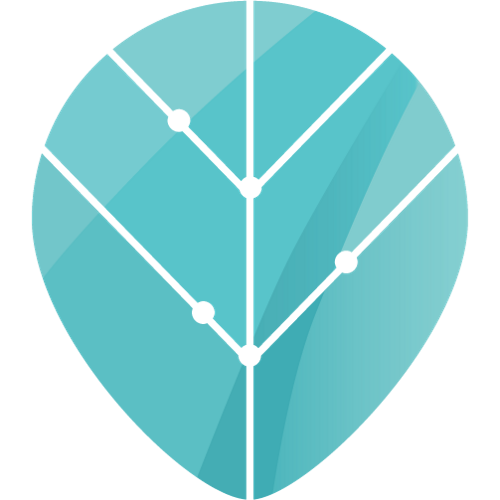Corona Warriors are facing immediate on-the-ground challenges amidst the coronavirus crisis.
As a result of a surge in demand, there is an unprecedented shortage of personal protective equipment globally. The Indian Health Ministry has now declared that with new supplies this shortage is being eased, however, these issues only add to an already massive challenge facing Corona Warriors.
That’s why it’s especially important for you to focus on another, less discussed aspect that enables you to be effective and sustain yourself in this moment: protecting your mental health.
The nature of your work as Corona Warriors leaves you particularly vulnerable to mental health challenges, including PTSD, acute stress and depression, according to The Journal of Individual Psychology. And many feel a stigma about requesting the support they need.
So as more and more is being asked of coronavirus first responders, it’s not only essential that you have access to the mental health resources you need but also that you shift your mindset away from self-stigma about voicing your own needs and fears, to giving yourself permission to take care of yourself.
In an article in Fortune, Arianna Huffington and Michelle Williams, dean of Harvard’s T.H. Chan School Public Health, write, “There’s a reason that in-flight safety presentations always instruct us to secure our own oxygen masks before assisting fellow passengers. We can’t help others effectively unless we first protect ourselves.”
Here are a few Microsteps to support this crucial mindset shift. These steps may seem small — and that’s the point — but they can provide powerful moments of perspective and relief in the midst of stressful situations.
If you catch yourself saying you’re unable to practice self-care, pause and choose a new mindset. There’s nothing selfish about taking care of your basic needs. Per SAMHSA guidelines, it’s essential to recognize that your stress management must come first. Shift your self-talk to something like, “When I take care of myself in small ways, I can be my best self to take care of patients.”
Set aside a few minutes of recovery time after a challenging moment. Instead of returning immediately to your work, take a short walk or a few minutes of conscious breathing. Consciously building in just a few minutes helps you to collect your thoughts, recharge, and bounce back from any challenges.
When you receive a notification that causes stress, pause and focus on inhaling for five seconds and exhaling for five seconds. Conscious breathing activates our parasympathetic nervous system, which is responsible for lowering cortisol and overall level of inflammation.


